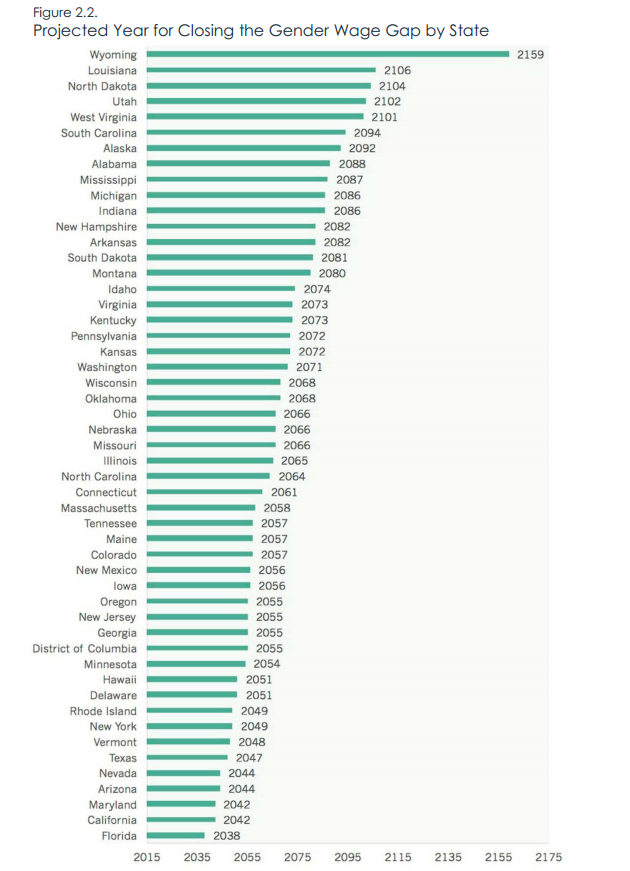The Legislation That Can Make Equal Pay A Reality

By:
The gender pay gap has gotten a lot of attention in recent years, and Senator Charles Schumer wants to end the discrepancy once and for all. The New York political figure said Sunday that he's trying to get Congress “to pass the Paycheck Fairness Act, which says something very simple: A man and a woman who do the same job should get the same pay.”
Schumer also cited a recent study from the Journal of the American Medical Association (JAMA) that found male nurses still earn around $5,100 more annually than female nurses even though the profession tends to attract more women. As ATTN: has noted before, this is also an issue in public relations, a female-dominant field.
Schumer also mentioned the fact that women make 78 cents for every dollar men earn, and and that there is legislation to curb it.
“The Paycheck Fairness Act, which we must finally pass, is an important piece of legislation that helps put an end to the shocking pay gap that currently exists between men and women,” the Senator told reporters this weekend.
The Paycheck Fairness Act aims to update and improve the Equal Pay Act by revising solutions for, "enforcement of, and exceptions to prohibitions against sex discrimination in the payment of wages." The act would also make employers who are guilty of gender discrimination "liable in a civil action for either compensatory or (except for the federal government) punitive damages." In 2010, the Senate bill failed with just 58 of the necessary 60 votes supporting it.
"I am deeply disappointed that a minority of senators have prevented the Paycheck Fairness Act from finally being brought up for a debate and receiving a vote," President Obama said in a 2010 statement. "This bill passed in the House almost two years ago; today, it had 58 votes to move forward, the support of the majority of Senate, and the support of the majority of Americans. As we emerge from one of the worst recessions in history, this bill would ensure that American women and their families aren't bringing home smaller paychecks because of discrimination. … But a partisan minority of senators blocked this commonsense law."
Now it could well be up to Schumer, a top contender to replace outgoing Senate Minority Leader Harry Reid, to pass this measure once and for all.
Earlier this month, the Institute for Women's Policy Research (IWPR) published a troubling report that found women have to wait another 43 years or so for the pay gap to disappear. This findings were based on America's gender wage equality progression since the 1960s. Though many, Schumer and Blumenthal included, say it's unacceptable that women take home around 78 cents for every man's dollar, that's actually an improvement from the 60 cents women earned for every dollar pocketed by men in 1980. The shrinking pay gap is a positive change, but slow enough that today's young women may face retirement before full pay equality goes into effect. The IWPR found certain states like Florida and California will see equal pay sooner rather than later, but Wyoming, Louisiana, and South Dakota are around 100 years or more away from achieving this progress:

ATTN: recently created a video about what the pay gap really means for working women:
